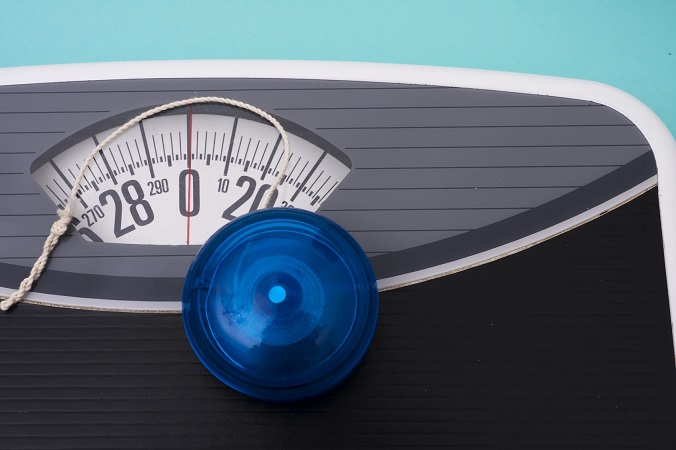Abuse Recovery
How to Help a Loved One when They Return from Treatment
by Maurine Anderson
Recovering from drug or alcohol addiction is quite possibly one of the most difficult trials that a person can face in life, and therefore our loved ones who are working to overcome addiction need all of the love and support they can get. If you’ve never endured the long battle to recovery yourself, however, it can be difficult to know how you can best support your loved one. Here are some tips for supporting a friend or family member once he or she is home from receiving treatment for addiction.
Educate Yourself on the Addiction
Ideally you will have already done some research about the particular type of addiction that your loved one is facing. Educating yourself on the addiction can help you know what to expect for loved one, and it can help you better understand what your loved one is going through as they navigate recovery. Moreover, gaining some fundamental knowledge about the addiction can show your loved one that you care about them and want to know what they are going through. If your loved one is battling a co-occurring illness such as depression, make sure to do your research on that as well. There are a great many online resources out there, made just for helping families and friends of addicts understand addiction and other mental health conditions.
Encourage Them to Continue Healing
Many people believe that the treatment process is over once someone has returned from rehab. In most cases, however, a recovering addict must seek continuing care—in the form of AA meetings, individual therapy, etc.—in order better ensure a successful recovery. Ask your loved one what aftercare for them will entail, and they aren’t sure, help them get in touch with the resources they need to find effective aftercare options.
Have an Open Conversation
It’s also important to have an open conversation with your loved one about the addiction. Tell them that you are happy to see them, that you are proud of them, and that you love them. Express your desire to serve as a source of support. But also remind them that you cannot take their problems away from them should they relapse, or enable drug-seeking behavior.
Help Them Find New Hobbies
One major aspect of successful recovery is being able to replace old habits with new and wholesome hobbies and activities. Many recovering addicts are introduced to a variety of therapeutic activities during the treatment process, but putting incorporating these activities into everyday life after rehab can still be difficult. Take an inventory of your own hobbies and ask yourself what you can invite your loved one to participate in with you. Maybe you enjoy yoga—a practice that many recovering addicts are introduced to along with meditation. Maybe you enjoy hiking local trails. Or maybe you’re an avid painter. Whatever it is, inviting them to join in with you is a great way to help them make use of free time, which might otherwise be spent contemplating relapse.
Include Them in Your Social Life
Similarly, it’s a good idea to include your friend or family member in your social life. Invite them to social gatherings as they arise. Help them make new friends who aren’t users. Introduce them to people who don’t associate them with their past addiction. Many recovering addicts have a difficult time reintegrating socially after seeking treatment, so including them in your social life will help them more than you know.
Act Normal
How you act around your friend or family member will have a major influence on how they feel. Act too cautious about mentioning their recovery, for example, and your loved one might begin to feel shameful. So, act normal. Treat them just as you would anyone else.
Take Care of Yourself
Don’t forget as you support your loved one to support yourself as well. Without proper and adequate self-care, you won’t be in any position to support another person emotionally. Plus, as this article points out, practicing strong self-care helps maintain a healthy relationship between you and your loved one, as enabling and codependency are less likely to develop. Seek counseling if you need it, eat a nutritious diet, give your body its daily dose of exercise—whatever you need to feel your best.
Maurine Anderson originally hails from Washington, DC, but is now enjoying life out west in Salt Lake City. She is a professional writer and blogger who in her free time loves to create new cake recipes, travel, and practice her hand at photography. She tends to geek out over linguistics, cats, and all things Scandinavia.









